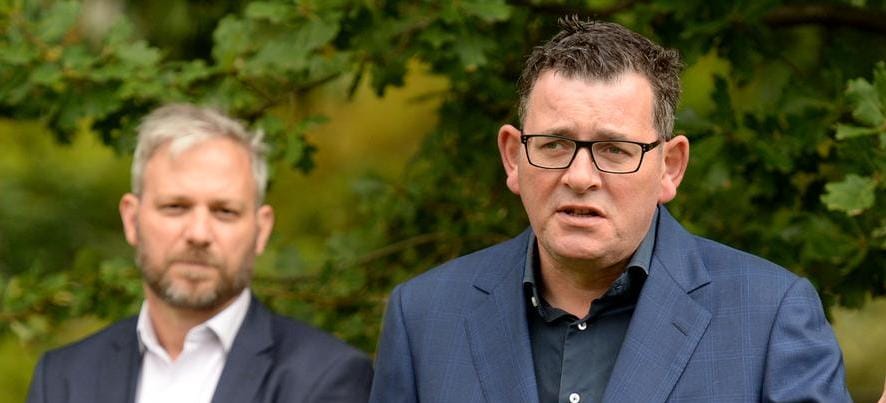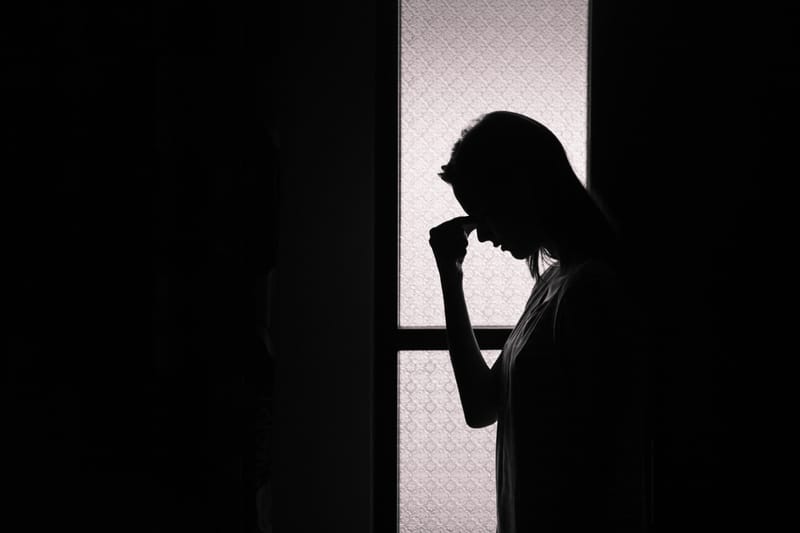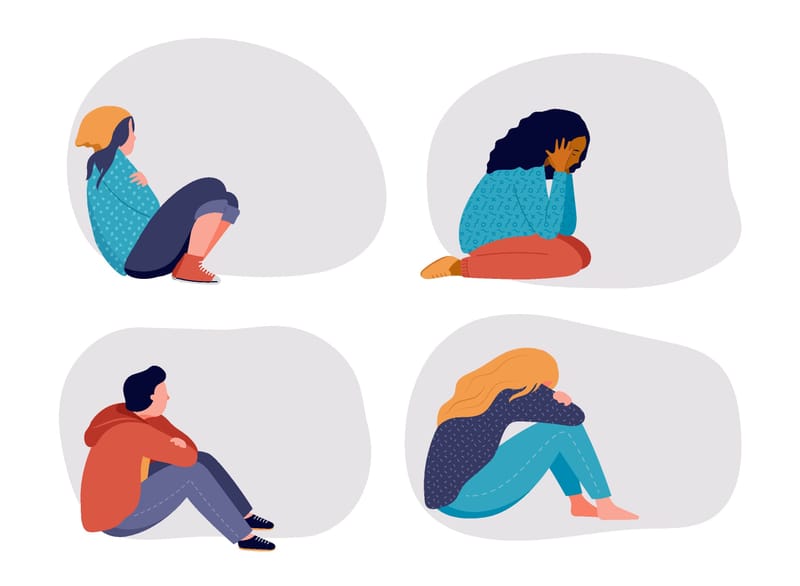
For most of the past 18 months, Victorians have been living under severe restrictions on their freedom of movement, association and ability to earn a livelihood declared by the state’s chief health officer (or his delegates).
The Andrews government is set to consider scaling back the powers of the state’s unelected Chief Health Officer and giving the Health Minister greater control over public health orders to manage the COVID-19 pandemic.#covid #melbournelockdown #auspol https://t.co/y4UlxVOzxf— The Age (@theage) October 9, 2021
The Andrews government reportedly is now considering limiting the powers of the chief health officer and giving them to the health minister.
Limiting the powers of the chief health officer is the right thing to do. Giving them to the health minister is not.
Why limit the chief health officer’s powers?
Public health emergencies such as the pandemic call for timely, decisive, evidence-based decision-making by people we trust. Victoria (indeed, all of Australia) has been well-served by our public health officials who steered us through the initial stages fighting the pandemic.
However, as we move from fighting the pandemic to living with it, the primacy given to our health experts needs to be revisited. Deciding how best to manage a pandemic always required consideration of economic, social and civil liberty factors, in addition to health – even if our heavy reliance on health experts didn’t reflect this.
Read more: Public health experts: The technocratic takeover of democracy comes at a high price for all of us
But as we open up and seek to repair the economic, social and cultural dislocation and costs of the lockdowns and restrictions, the relative importance of these non-health factors increases and a more nuanced balance needs to be struck.
Health experts are not best-placed to strike this balance. They can be overly narrow in their focus, and their disciplinary and institutional biases can result in them taking the position that public health trumps all other considerations.

Absent other voices and considerations, health experts can fail to attribute appropriate weight to the economic and social costs of their measures, or to their impact on human rights and personal freedoms.
Of course, it would be naïve to think our public health officials exercise their discretion and issue economy-wounding and liberty-restricting directions without consulting their political masters. However, the fact remains that in Victoria the discretion to issue public health orders is theirs, and theirs alone.
For a minister to direct or order a public health official to exercise their discretion in a particular manner would render their decision susceptible to challenge in a court of law, and odorous in the court of public opinion.
This was affirmed in the case of Loielo v Giles, in which the Victorian Supreme Court rejected a legal challenge to the extension of the curfew during Victoria’s first lockdown.
That case involved public health orders made by the chief health officer’s delegate approximately 12 hours after they were announced by Premier Andrews, and in circumstances where the delegate had been informed that if they did not extend the curfew as previously announced by the Premier, the decision would be elevated to a “higher authority”.
While the court ultimately accepted the delegate’s evidence that the decision was made independently, the court nevertheless noted that the delegate had been placed in an “awkward position” and left with ”not much of a choice”. This is not an environment in which a person vested with such important responsibilities should be placed. It also is not an environment conducive to good decision-making.
So, what should be done? What are the alternatives?
To whom should the powers be given?
The alternative apparently under consideration is to vest the power to issue public health orders in the hands of the health minister.
This is the situation in New South Wales and the Commonwealth, for example. This is a positive step. Making public health orders that restrict our freedoms is an inherently political decision. It should be made by elected political leaders informed by a diversity of perspectives on the issues at hand that, we have observed, include economic, social and human rights – in addition to health. But conferring powers on the health minister does not reflect this breadth. Broader portfolio responsibilities are impacted.
The power to issue public health orders should be placed in the hands of the person (or persons) best positioned to weigh and balance these varied and sometimes competing factors.
As we move to living with the pandemic, new balances will need to be struck between health, economic, social, human rights and other considerations.
In our system, that usually is parliament. But accepting the urgency and complexity of a pandemic doesn’t allow for the time parliamentary processes require – and that delegation to the executive is a pragmatic necessity – to whom should the power be delegated?
The answer to this question is the political leadership of the state – either in the form of cabinet (in the guise of orders made by the governor in council), or by the Premier as head of the government, and the person ultimately responsible to parliament and the people for its performance.
Read more: Governing in a pandemic: From parliamentary sovereignty to autocratic technocracy
Placing decision-making authority in the hands of cabinet or the premier has three main advantages.
First, and substantively, it should lead to better decision-making that balances all relevant factors – health, social, economic and human rights.
Second, it should ensure more direct parliamentary oversight of the decisions and decision-making process (assuming that parliament is sitting of course, an assumption we have learned cannot always be made during a pandemic).
And third, it aligns legal responsibility with political reality and public accountability.
As we move to living with the pandemic, new balances will need to be struck between health, economic, social, human rights and other considerations. Striking these balances is an inherently political decision. They should be made and managed transparently as such. This requires they be made by the political leadership of the state. To do otherwise risks masking the decision’s true nature and decision-making process, and confuses accountability for it.





